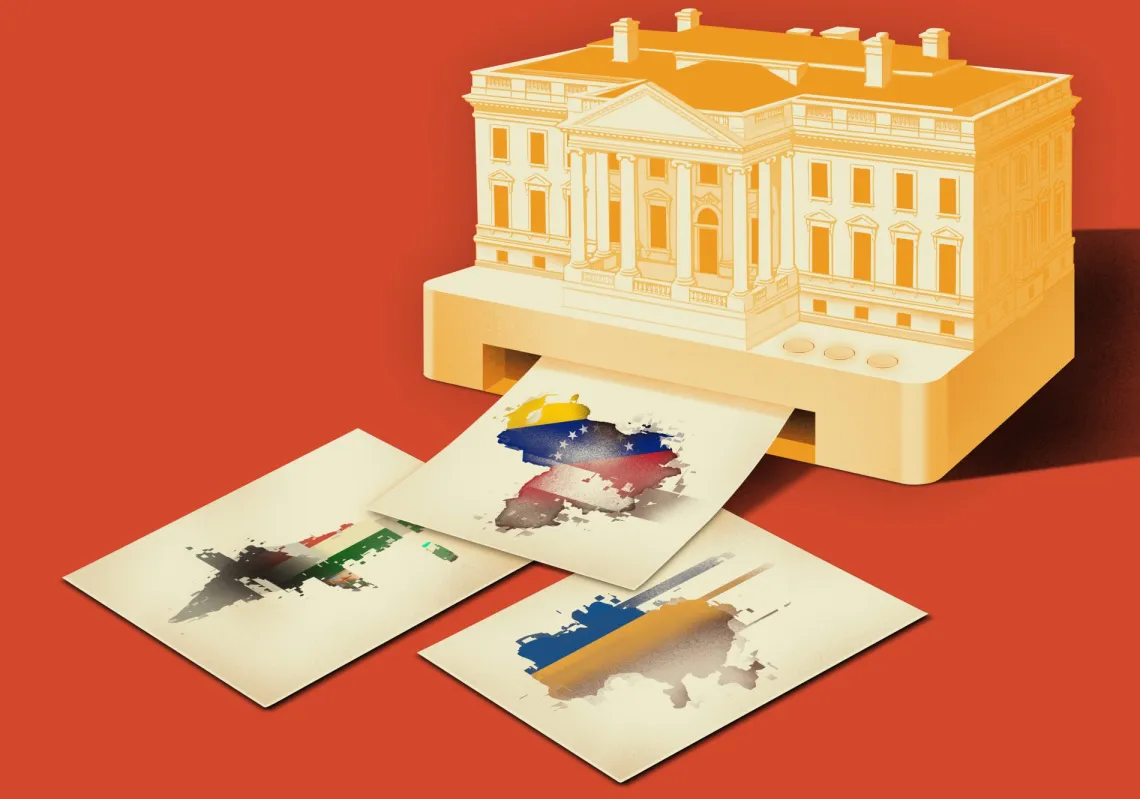In the not-too-distant past, relations between France and Morocco were stiff. In September last year, Morocco’s King Mohammed VI chose not to accept French offers of help after an earthquake in the High Atlas Mountains killed thousands. He did, however, accept help from the UK and Spain.
It seemed to speak volumes, as did the year it took for Morocco to finally accredit France’s new ambassador to Rabat. As the former colonial power, France can get a rougher ride than others. Paris, whose soldiers recently had to withdraw from the Sahel, now needs its former colony on its side. For Morocco, increased trade with France is no bad thing.
France is already Morocco’s biggest foreign investor, with an $8.7bn stock as of 2022, and big French firms such as Renault and Safran have huge industrial facilities in the North African country.
Many suitors
Yet France is not the only interested party. Cash-rich China has long looked attractive to North African eyes, while other European states are shmoozing Rabat, which plays a key role in the Maghreb and Mediterranean.
Morocco's global appeal has made Paris more interested in improving relations—and they have been improving. At the end of April, French Finance Minister Bruno Le Maire announced that Paris was ready to help fund a 3-gigawatt power cable linking Casablanca to Dakhla in the Western Sahara, over which Morocco claims sovereignty.
West Sahara is claimed as the ancestral homeland of the Sahrawi people, but in recent years, the United States, Spain, and several Arab states have recognised Morocco’s claims over the sparsely populated desert territory.
Le Maire's announcement was preceded by a visit to Rabat from French foreign minister Stephane Séjourné, who said Paris backs Morocco's autonomy plan for the territory. It meant that the power cable was but one area of discussion.
Le Maire also said France would work with Morocco on solar, wind, green hydrogen, and nuclear power, while French development agency AFD would give a $375mn loan to help Morocco phosphates and fertilisers giant OCP to decarbonise.

Read more: Morocco capitalises on its vast phosphate reserves
While there have been clear signs of improving relations, analysts note that ties are still not as warm as they were during the tenures of Jacques Chirac and Nicolas Sarkozy. A diplomatic chill and a lack of confidence prevail.
Sticking point
In private, diplomats say the lack of official recognition of Moroccan sovereignty over Western Sahara from France is a sticking point. Rabat thinks Paris is pandering to Algeria, which supports the Polisario Front, which also claims sovereignty.
Xavier Driencourt, a former French ambassador to Algeria, claimed that Paris is set to recognise Moroccan sovereignty over Western Sahara and that this "will be announced by President Emmanuel Macron himself during an upcoming visit".
There is now a flurry of diplomatic activity over timings, but Macron's trip seems like a culmination, with French ministers responsible for the interior, investment, economy, finance, and industry all having visited Morocco in recent months.
France's growing interest in Morocco's raw materials and energy resources could explain its seeming atonement or implicit acknowledgement of past French misdeeds after two centuries of colonial exploitation. French officials have kept repeating the same phrase of "building a shared future and overcoming the past." At the very least, this shows that France belatedly realises its future is linked to the southern Mediterranean.
To this end, it is building for a future in uncertain times. In Europe, Russia is waging a major land war for the first time in two generations, while views in the European Union are diverging on some of the biggest issues. Moreover, if elected, Donald Trump could threaten Europe's security protection, as afforded through NATO.
France is also struggling with its declining role, having recently been kicked out of the Sahel by states such as Mali and Niger, whose military coup leaders prefer Moscow and the mercenaries of the Wagner Group for back-up. Its ability to impact events around the world has been greatly diminished. Though it has tried, Paris has been unable to influence the conflicts in Gaza, Sudan, and Ukraine.
In short, the France that is seeking better ties with Morocco in 2024, is very different from the colonial France of the past. Whether Moroccans appreciate that, however, is a different matter.












